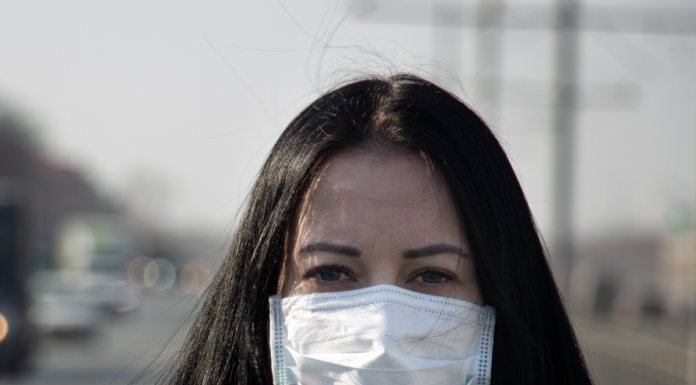YAHOO! NEWS – The stance by the Centers for Disease Control and Prevention (CDC) on face masks has taken many twists and turns throughout the COVID pandemic.
After initially claiming face coverings weren’t necessary, the CDC changed course in April 2020, calling on all Americans — even children as young as 2 years old — to mask up.
That September, then-CDC Director Dr. Robert Redfield said during a Senate hearing that “face masks are the most important powerful health tool we have,” even suggesting that they might offer more protection than vaccines.
Those recommendations likely played a large part in 39 U.S. states eventually enacting mask mandates.
Now, a new scientific review suggests that widespread masking may have done little to nothing to curb the transmission of COVID-19.
The review, titled “Physical interventions to interrupt or reduce the spread of respiratory viruses,” was led by 12 researchers from esteemed universities around the world.
Published by Cochrane Library, the review dug into the findings of 78 randomized controlled trials to determine whether “physical interventions” — including face masks and hand-washing — lessened the spread of respiratory viruses.
When comparing the use of medical/surgical masks to wearing no masks, the review found that “wearing a mask may make little to no difference in how many people caught a flu-like illness/COVID-like illness (nine studies; 276,917 people); and probably makes little or no difference in how many people have flu/COVID confirmed by a laboratory test (six studies; 13,919 people).”
Next, the review compared medical/surgical masks to N95 respirators (or P2 respirators, which are used in Europe).
It found that “wearing N95/P2 respirators probably makes little to no difference in how many people have confirmed flu (five studies; 8407 people); and may make little to no difference in how many people catch a flu-like illness (five studies; 8407 people), or respiratory illness (three studies; 7799 people)” …



